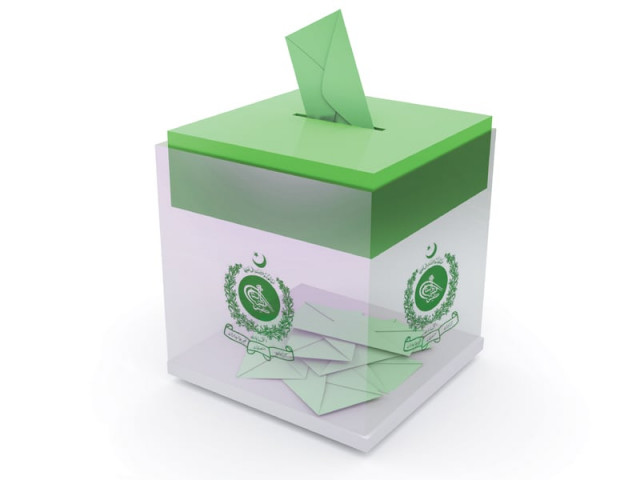Voting rights for transgenders
What are the chances that transgenders with old CNICs who could not get new CNICs will be able to vote?

When applying for new CNICs, transgender people are being asked to submit a medical certificate to prove their gender. PHOTO: FILE
In the report, transgenders complained of facing all sorts of hurdles when applying for new CNICs, including, for example, being asked to submit a medical certificate to prove their gender. This kind of behaviour is very unbecoming of Nadra officials who are required to issue CNICs without prejudice.
Voting rights for transgenders is just one part of the issue; it hasn’t solved the isolation they continue to face and feel. They remain neglected, unable to get jobs outside the entertainment or commercial sex industry and do not have access to adequate healthcare or education. This may sound like the story of the average Pakistani but compound it with the rejection they are met with because they are a ‘different’ gender and the problem is far worse, especially when there appears to be no room for compassion. The Supreme Court’s order to consider transgender people for government jobs was a step in the right direction as it facilitated integration, not isolation, and needs to be implemented with vigour.
Published in The Express Tribune, January 25th, 2013.















COMMENTS
Comments are moderated and generally will be posted if they are on-topic and not abusive.
For more information, please see our Comments FAQ